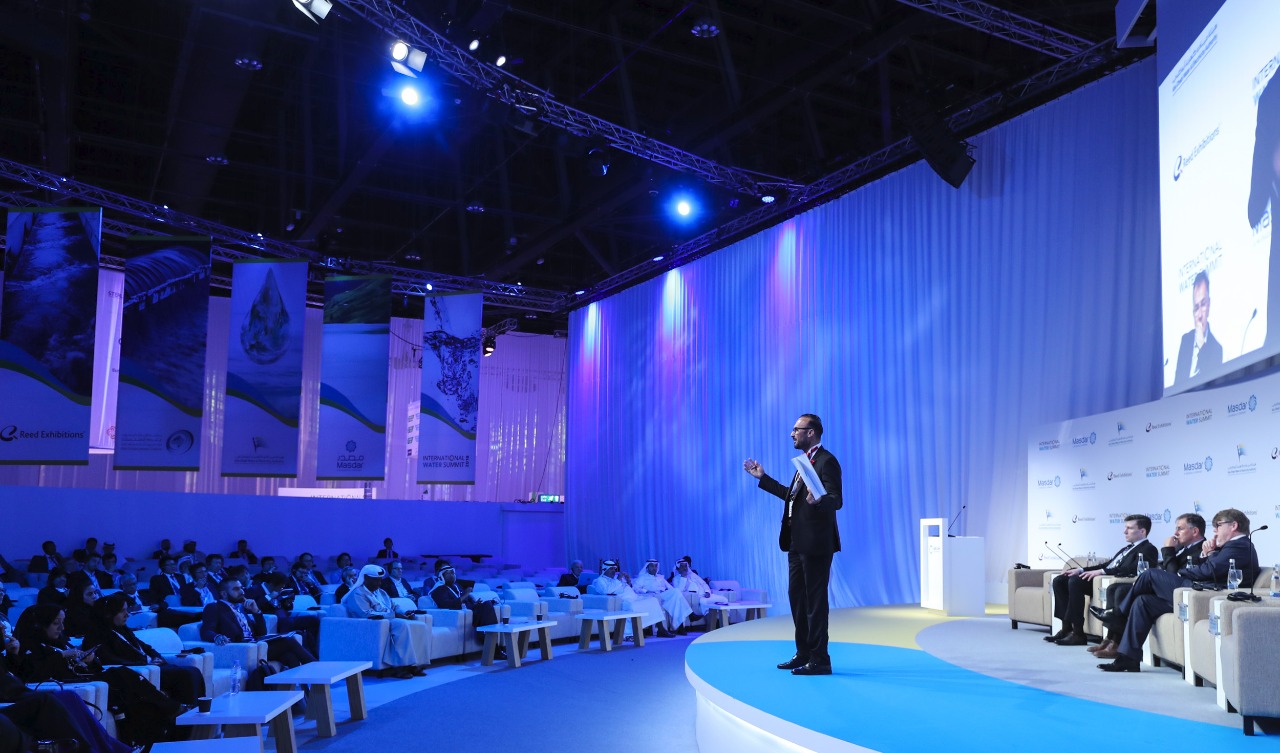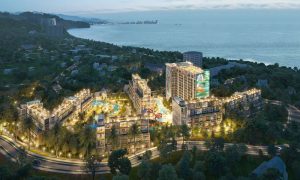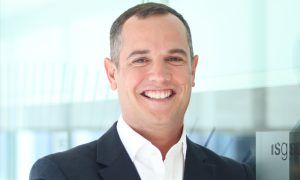Masdar pilot proves solar-powered desalination can be commercially-viable
Piloted technologies demonstrate capability of handling one of the world’s most challenging seawaters

Masdar says the results of its Renewable Energy Desalination Pilot Programme in Ghantoot, reveal that solar energy-driven seawater desalination using reverse osmosis technologies offers a commercially attractive, low-cost and sustainable long-term solution for seawater desalination in the Gulf region. In the Energy efficient desalination: Results from the Ghantoot pilot studies report it also revealed that energy efficiency improvements of up to 75% were achieved through the four-year programme compared with existing technologies employed in the UAE.
“Water is an essential component for industrial, economic and social development and its demand globally is predicted to increase by 55% by 2050. While the UAE is developing rapidly, it remains one of the most water-scarce countries in the world, and with more than 90% of the UAE’s drinking water provided through desalination, we have a duty to pursue and deliver solutions to manage the increasing demand using sustainable, clean technologies,” commented HE Suhail Al Mazrouei, UAE Minister of Energy. “The UAE is committed to this and through programmes like the Ghantoot Renewable Energy Desalination Pilot Programme, we are working towards this objective to achieving our goals set out in the UAE Energy Strategy 2050.”
The desalination pilot programme was a competitive hub with five pilot plants in operation side-by-side: Abengoa, Suez , Veolia/Sidem, Trevi Systems and Mascara Renewable Water. Each pilot plant demonstrated various seawater desalination technologies, with key objectives to:
During the programme, Masdar and its partners piloted severak advanced desalination technologies to help bridge the gap between promising desalination technologies developed in the lab and solutions ready to be applied in commercial settings.
The pilot programme has seen several milestones achieved since its inauguration in 2013. In October 2016, the fifth international partner joined the Masdar-led project, French start-up Mascara Renewable Water. Mascara’s technology coupled reverse osmosis desalination technology with solar energy. In May 2017, Masdar began testing three advanced solar thermal collector systems that capture the heat of the sun to drive the seawater desalination process as an alternative to burning natural gas. Masdar monitored the operation and cost efficiency of the three collector systems, each supplied by a different specialist, Empereal Energy Services, EMSOL Innovations and GREENoneTEC, and their suitability for larger scale applications.
“The world still faces a shortage of clean, potable drinking water. It is a challenge that plagues many countries around the world, and the GCC region battles with costly and energy-intensive water production,” said Mohamed Jameel Al Ramahi, CEO of Masdar. “Our renewable energy desalination programme in Ghantoot has delivered some important outcomes for the future commercialization of technologies that will see a reduction in energy consumption and production costs for desalinating seawater, creating water security for future generations.”

























